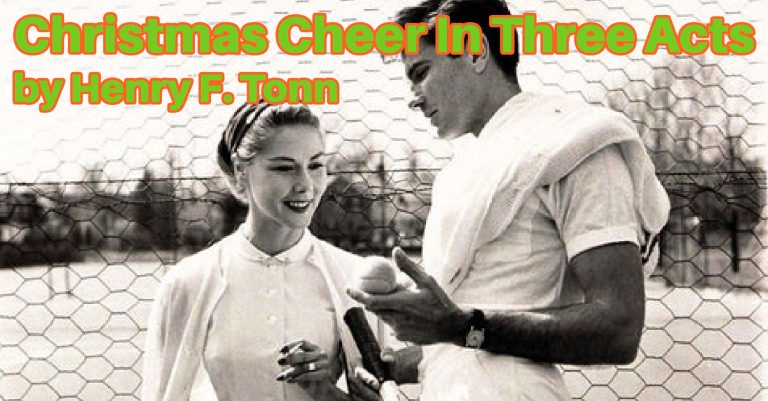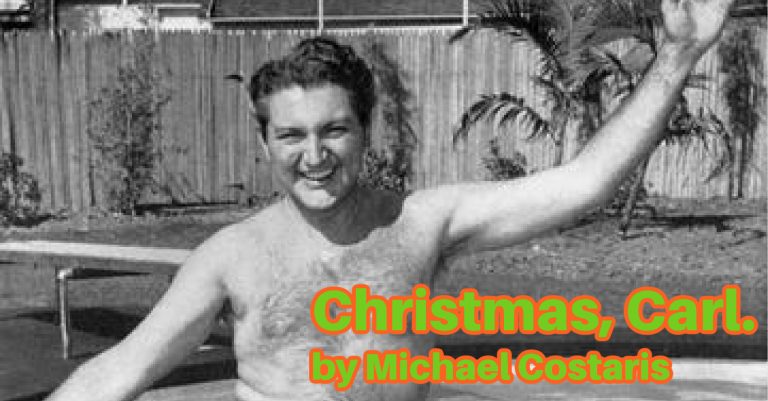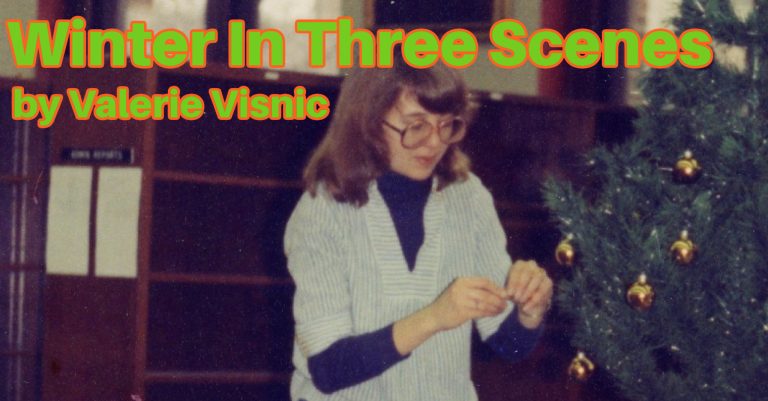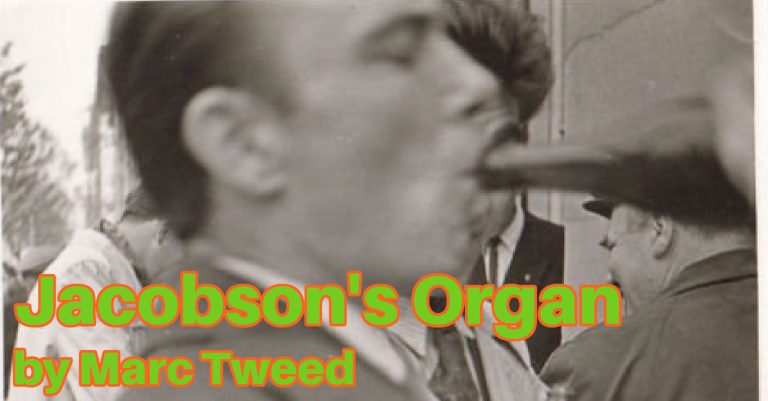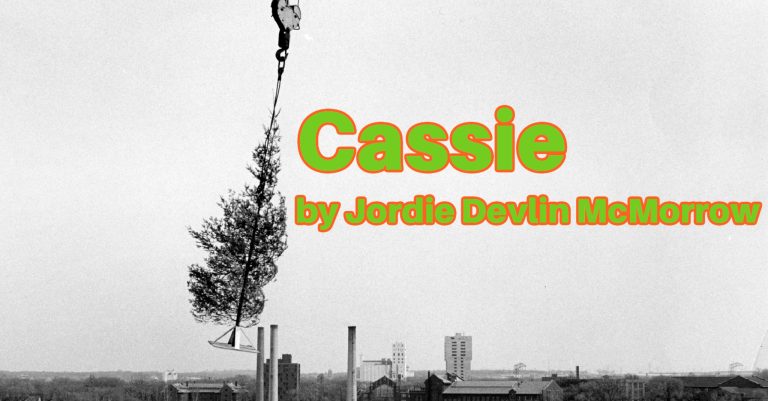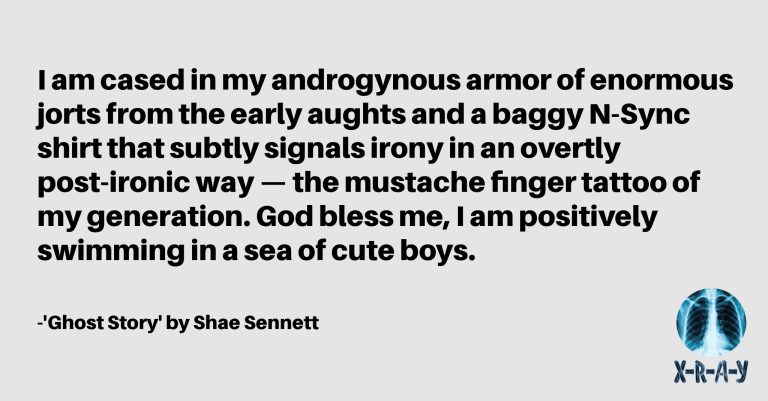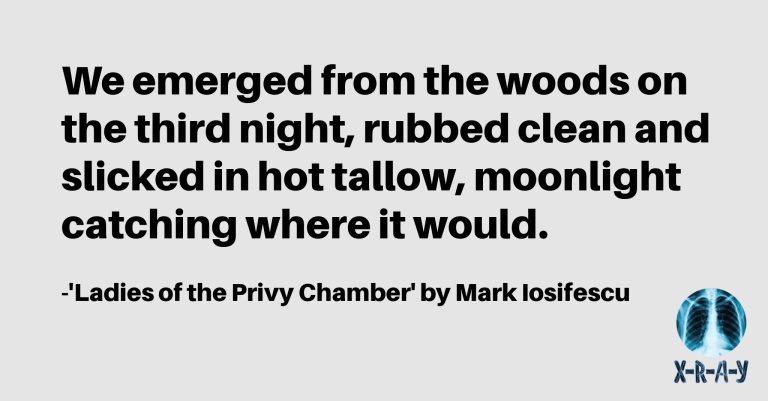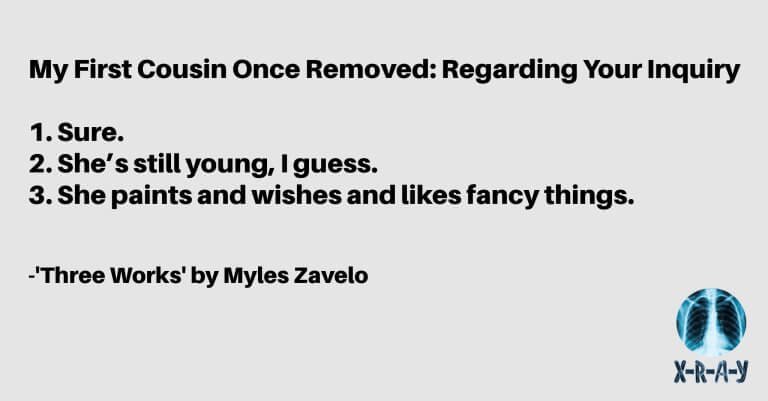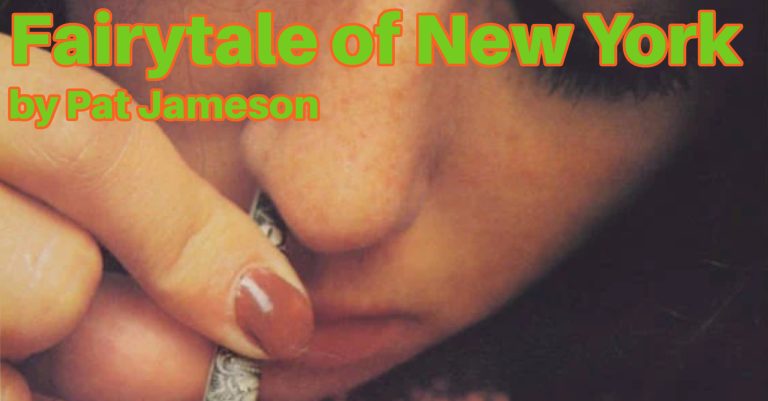
FAIRYTALE OF NEW YORK by Pat Jameson
The Christmas after Jo’s mom died was bad. Her older sister Jules showed up the evening before Christ’s birth, driving the 13-hour stretch from Chicago to Western Pennsylvania in one go. Jo and her dad watched on the front porch as Jules’ Prius rattled down the driveway, Brittany Spears blasting from open windows, tires crunching against the snow. The car was in poor shape, salt-covered, and trembling like a racing dog whipped past its limits. Jo’s dad shifted nervously as his eldest daughter climbed from the car and trudged toward them. His hands were folded down the front of his

